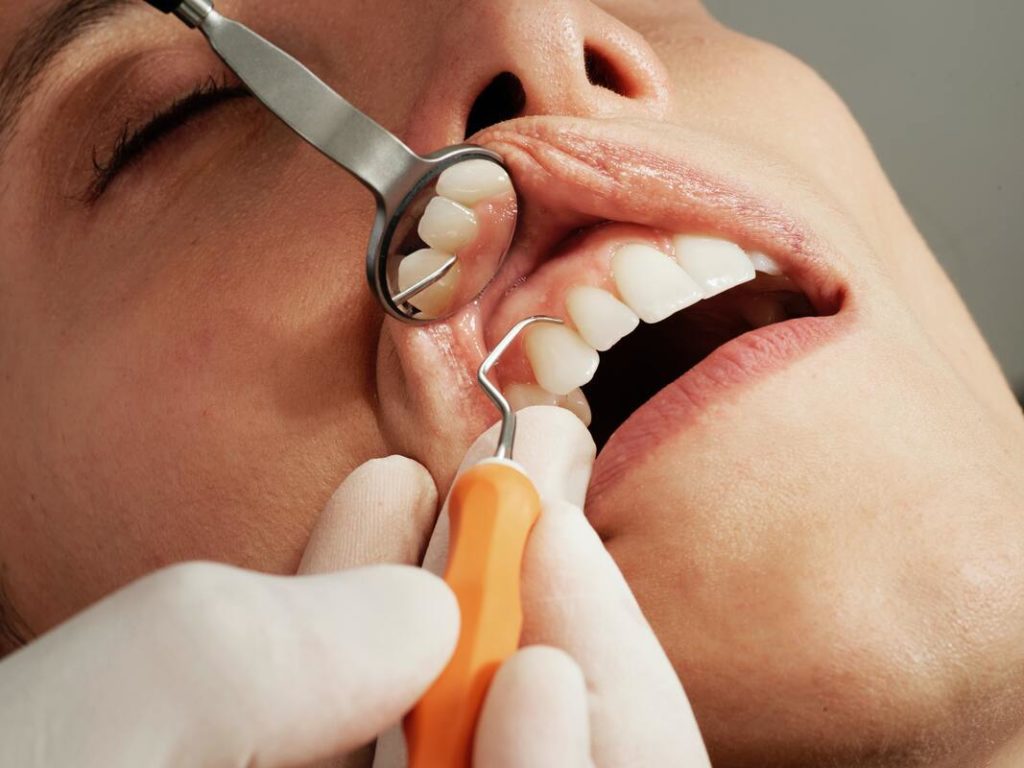Our teeth are one of our most important tools because without them our ability to chew properly is severely inhibited. Over decades man has been experimenting with a variety of different ways to replace lost teeth. Age, accidents and poor dental care are the main reasons for tooth loss and in the twenty-first century, we have finally produced a dental replacement that mimics the original tooth. We have perfected the art of producing man-made teeth that look and feel like our original teeth but the problem, for years has been, how to make them work like our original teeth. In the nineteen fifties we started to develop a system that would imitate the way that our natural teeth work.
An efficient permanent replacement
Over many decades lost teeth have been replaced by dentures and bridges and these are still in use today. These prosthetic dental teeth have been developed and are now much better than the earlier versions. A bridge however requires a support tooth or teeth and dentures are still not permanent like natural teeth. Dental Implants Clapham provides a permanent efficient solution that performs like normal teeth.
Is a dental implant the best solution for me?
While the dental industry is rapidly improving procedures and techniques, there are still some patients who are not suitable candidates for this type of procedure. Unfortunately, patients who smoke or consume excessive amounts of alcohol as well as those who suffer from a condition called bruxism which is grinding of teeth cannot be considered at this time. Patients who have poor oral hygiene and those suffering from diabetes will also not be considered at the moment. Poor oral hygiene is something that a patient can correct and can be reassessed after a period to see if they can undergo the procedure. A thorough examination is conducted by the dentist which includes X-rays and scans of the oral cavity including the jaw bone.

How does it work?
Firstly a thorough oral cavity investigation is carried out and an assessment is made to determine eligibility. Once this is done the dentist will undertake a comprehensive briefing to ensure that the patient is aware of the duration, effects and benefits of the procedure. Patients are encouraged to ask as many questions as they like until both the dentist and the patient are satisfied that everything necessary has been covered. In some cases, where the jawbone has deteriorated too much it may be necessary to have a bone graft. This procedure will build up sufficient bone and create a stable base for the implant.
On the day of the procedure
The dentist will make a small incision in the gum where the implant will be placed and will drill a small hole into the jawbone. A titanium post is then inserted into the hole, titanium is used because the bone easily fuses with titanium forming a solid root for the crown. A cap will be placed on top of the titanium post and it will require three to four months to heal. At the next appointment, the cap is removed and an abutment is placed onto the post which will act as a solid support for the crown. The crown will have been moulded and coloured to perfectly match existing teeth before being inserted into the abutment.
Period of healing and settling
Patients are advised to allow their mouth to gradually settle and to avoid hard foods and sweets for about two to three weeks and to rinse with a dental mouthwash instead of brushing the area. Once this period has expired a gradual return to eating and drinking normally and normal brushing and flossing of teeth can be resumed.

